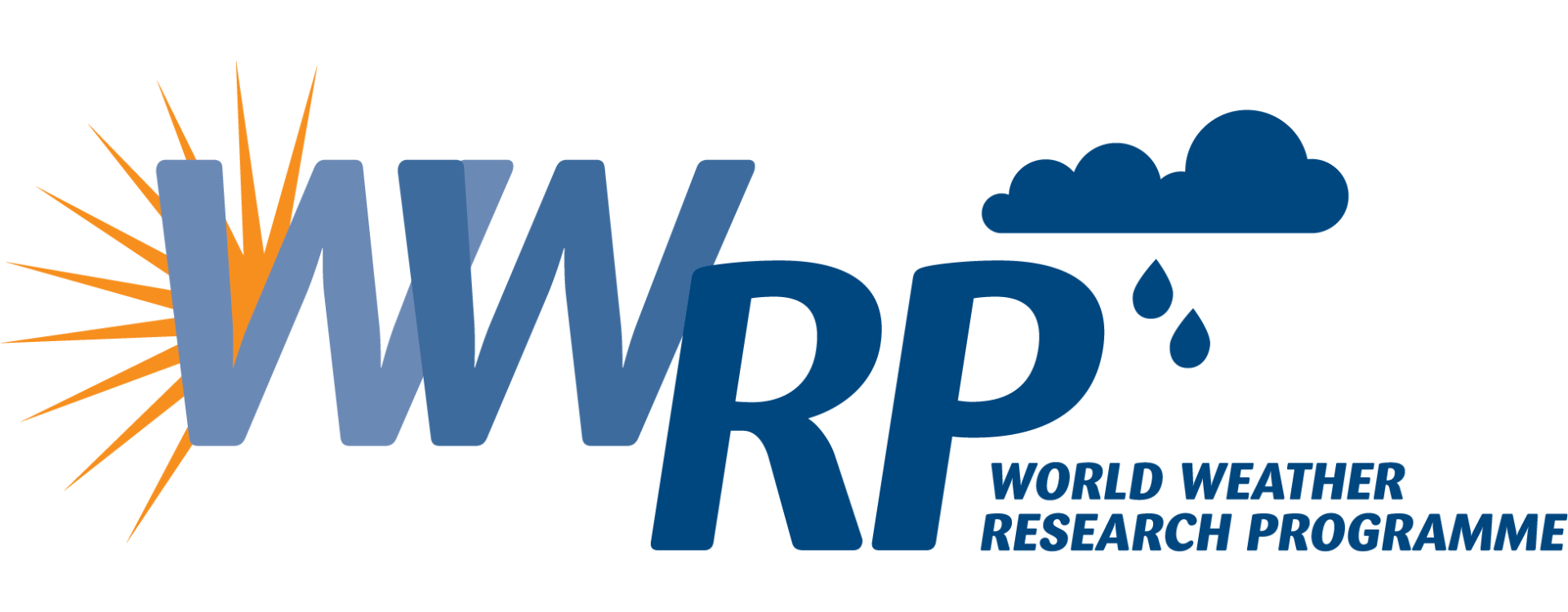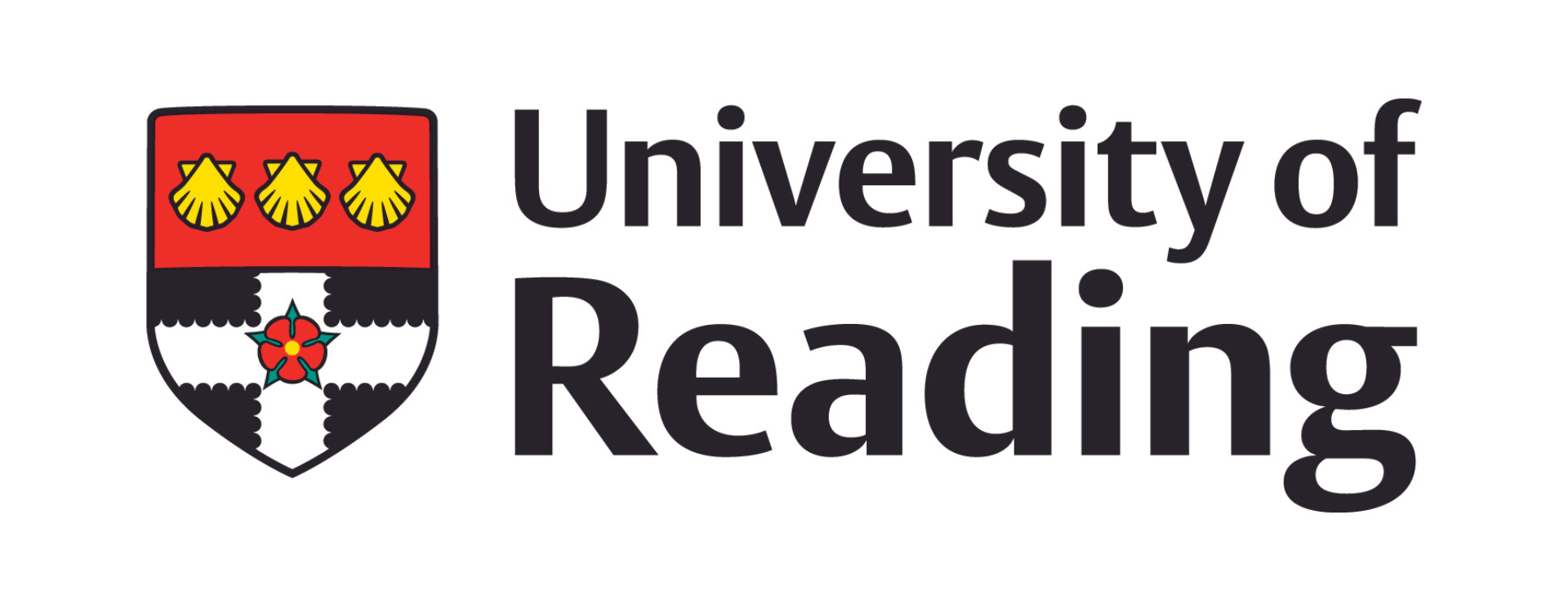Abstract ID: 263
Heatwaves over Europe: Improving the forecast on the sub-seasonal range
Lead Author: Emmanuel Rouges
University of Reading, United-Kingdom
Keywords: Heatwaves, subseasonal, prediction, Europe
Abstract: Heatwaves have important impacts on society and our environment. In Europe for instance, the summer of 2003 caused upwards of 40000 fatalities. They also impact the crop production, ecosystems, and infrastructures. In a warming climate, heatwave intensity and frequency are likely to increase with potentially more dramatic consequences.
Considering this, it is crucial to forecast such extreme events and therefore gain a better understanding of their triggering processes. The determination of these processes requires to identify heatwave patterns (timing and location) together with the correlated large-scale circulation patterns. This will enable to devise early warning systems, that could help mitigate the impact.
The goal is to improve the forecasts of heatwaves over the European region on the subseasonal scale (10 to 60 days). In the first part we evaluate links between large scale weather patterns and severe warm events over Europe. We identify 5 main heatwave types and associated atmospheric circulation by applying a k-means clustering method and using ERA5 reanalysis data from ECMWF. We further determine key characteristics of these circulation patterns influencing heatwave occurrence. We investigate the importance of tropical forcing on heatwave occurrence.
In the second part, we measure the current level of predictive skill of the ECMWF model on the subseasonal range. Using reforecast data, we assess the capacity of the model in predicting extreme temperatures and identifying the circulation patterns responsible for heatwaves. The circulation patterns associated with heatwaves are then used to infer the probability of extreme surface temperatures.We then establish the potential improvement in forecast skill this methodology can provide.
Co-authors:
Dr. Laura Ferranti (ECMWF)
Prof. Holger Kantz (Max Planck Institute for the Physics of Complex Systems)
Dr. Florian Pappenberger (ECMWF)







